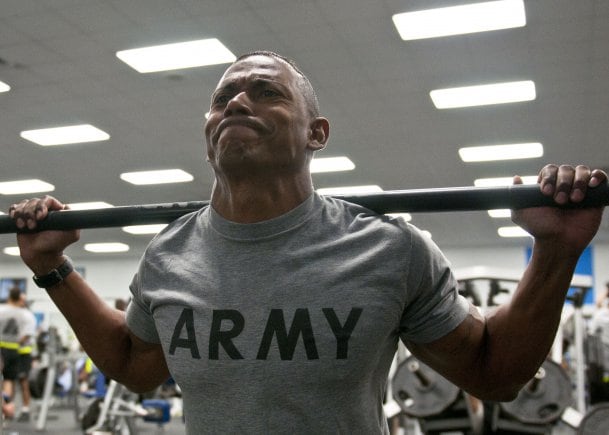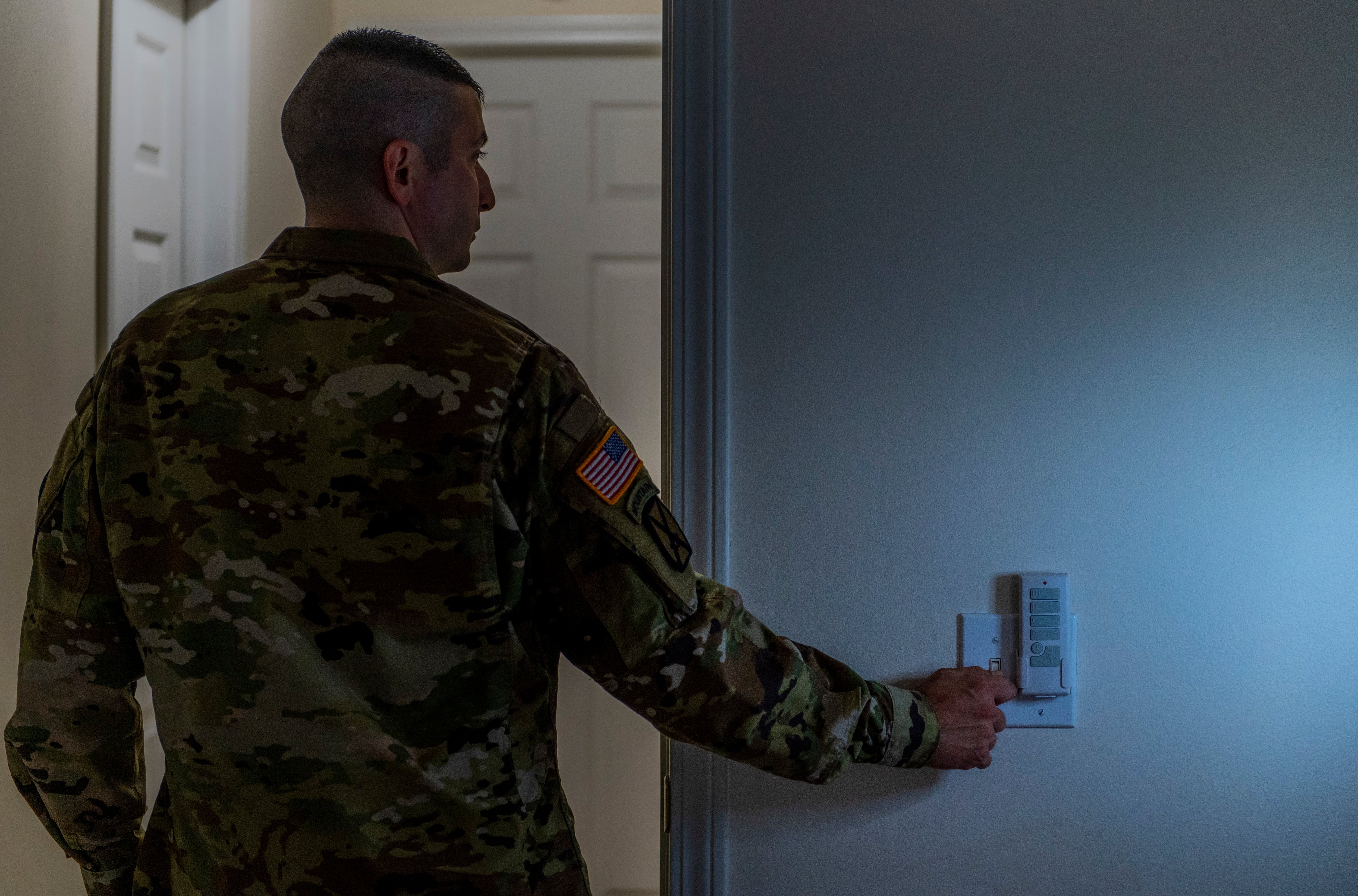A human performance program designed to help Green Berets straighten out their bodies after punishing deployments could have emotional and psychological benefits, too, according to researchers.
A team at Colorado State University has a grant to study whether the physical conditioning of the Human Performance Program, which is part of U.S. Special Operations Command's Preservation of the Force and Families initiative, can help soldiers psychologically, spiritually and socially.
"We're going to look at the other domains to see how the physical side might influence those other domains, and, potentially, how those other domains might influence the physical part," team member Tracy Nelson, a health and exercise science professor, told Army Times in a phone interview.
Nelson and the rest of the team will work with the 10th Special Forces Group at nearby Fort Carson, building on past research they've done with Green Berets.
This time they'll study special operators who participate voluntarily in the human performance program, which includes a mix of strength and endurance exercises, as well as access to physical therapy and a nutritionist.
SOCOM created the Preservation of the Force and Families Task Force about three years ago in a bid to take care of and preserve a force that has shouldered a relentless operational tempo since the beginning of the wars in Afghanistan and Iraq. The troops - including Army Rangers, Special Forces and aviators, Navy SEALs, Air Force pararescuemen and combat controllers, and Marine special operators - have been in high demand for more than 15 years, and the demand for their highly specialized and sought-after skills isn't expected to dissipate any time soon.
Part of the task force's work has been to invest in the human performance program, hiring strength coaches, physical therapists, performance dietitians and other experts to work with special operations troops in an effort to help them better weather the rigorous physical strain and activity they encounter every day on the job.
Building on SOCOM's research into how the program affects soldiers physically, the Colorado State study will use both biometric and survey data to assess whether soldiers hitting the specialized gym several times a week see improvements in their mental health and personal lives.
"An extensive battery of questionnaire assessments" will gauge soldiers' psychological and spiritual health as well as family, romantic and social relationships, said team member Lise Youngblade, a human development and family studies professor.
The team will also record body composition, strength, agility, mobility and take blood samples from the soldiers, to look for biomarkers that can affect mental health.
"Of particular interest is Vitamin D, because we know that influences mental health but also influences physical health, and that can be influenced by travel, work schedule, exposure to the sun," Nelson said.
Checking up
About 250 soldiers will participate in the study, going through the assessments over a three-year period.
"Ideally we would get them before they deployed, right after they deployed, and soon after that," Nelson said. "Ideally we'd have three measures. And maybe, more ideally, I think two-a-year for three years is what we're hoping for."
Because the program is voluntary, there's a wide range of users to compare, based on whether they go four days a week, once a week or less.
"If we could actually capture what happens when they're home, right away, and then when they're part of the program again – our hypothesis about this is that guys who participate will rehab better after deployment than guys who don't, and they'll be able to be deployed again potentially sooner and they'll be on top of their game if they're part of the program," Nelson said.
If they're right, the research could give the military a reason to expand specialized strength and conditioning programs outside of special operations, she added.
Meghann Myers is the Pentagon bureau chief at Military Times. She covers operations, policy, personnel, leadership and other issues affecting service members.





